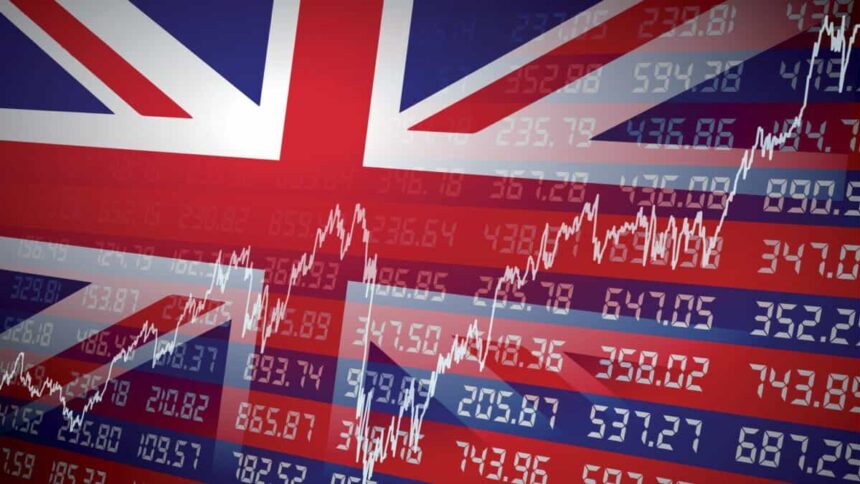Image source: Getty Images
Global stock markets have taken a hit this year due to economic uncertainty. Here in the UK, the FTSE 100 index is currently about 8% off its highs.
Now it’s often said that the key to making money from stocks in the long run is to buy low and sell high. With that in mind, is now a good time to consider investing in Footsie shares?
In recent market meltdowns, the FTSE 100’s often recovered quickly (a ‘V-shaped’ recovery). However, a quick rebound isn’t a sure thing this time around.
Ultimately, Donald Trump’s tariffs are creating headwinds for many UK-listed businesses. Diageo, Rolls-Royce, and JD Sports Fashion are some examples here – all could be looking at a hit to their earnings.
On top of this, there’s now a decent chance that the global economy will experience a recession. This could impact a range of Footsie businesses, from global banks like HSBC and Barclays to oil majors such as BP and Shell.
As a result of these two factors, we could potentially see the FTSE 100 go lower before it climbs higher.
Risk management
Given the murky backdrop, I don’t think it’s wise to put a ton of money into FTSE shares today. Instead, I’d recommend drip feeding capital into the market bit by bit (putting some money in this month, some next month, etc).
That way, if UK shares do end up falling further, you can still potentially take advantage. It can be frustrating to see shares fall to rock-bottom levels and have no money left to invest.
A FTSE stock to consider
Drip feeding capital into the market over time isn’t the only way to manage risk however. Another strategy is to focus on high-quality businesses with relatively stable earnings and cash flows.
These types of companies tend to be more resilient than others. And they can offer investors an element of portfolio protection.
One high-quality stock that I think is worth considering today is Sage (LSE: SGE). It’s currently trading for about 1,170p – about 13% below its highs.
Sage is a provider of accounting software to small- and medium-sized businesses. So it should be relatively immune to US tariffs.
Meanwhile, as a software provider, it has a high level of recurring revenues and a capital-light business model. So in theory, it should be quite defensive in nature.
In terms of the valuation, Sage currently trades on a price-to-earnings (P/E) ratio of about 24, which isn’t high for a profitable software company. The dividend yield‘s about 2%, meaning that there’s a little bit of income on offer from the stock.
Of course, a recession is still a risk here. If a lot of small businesses were to go under, Sage’s growth would most likely slow and its share price would suffer.
Taking a long-term view however, I’m bullish on Sage. I expect it to have success as the world becomes more digital and businesses turn to cloud-based software solutions to increase their efficiency.











